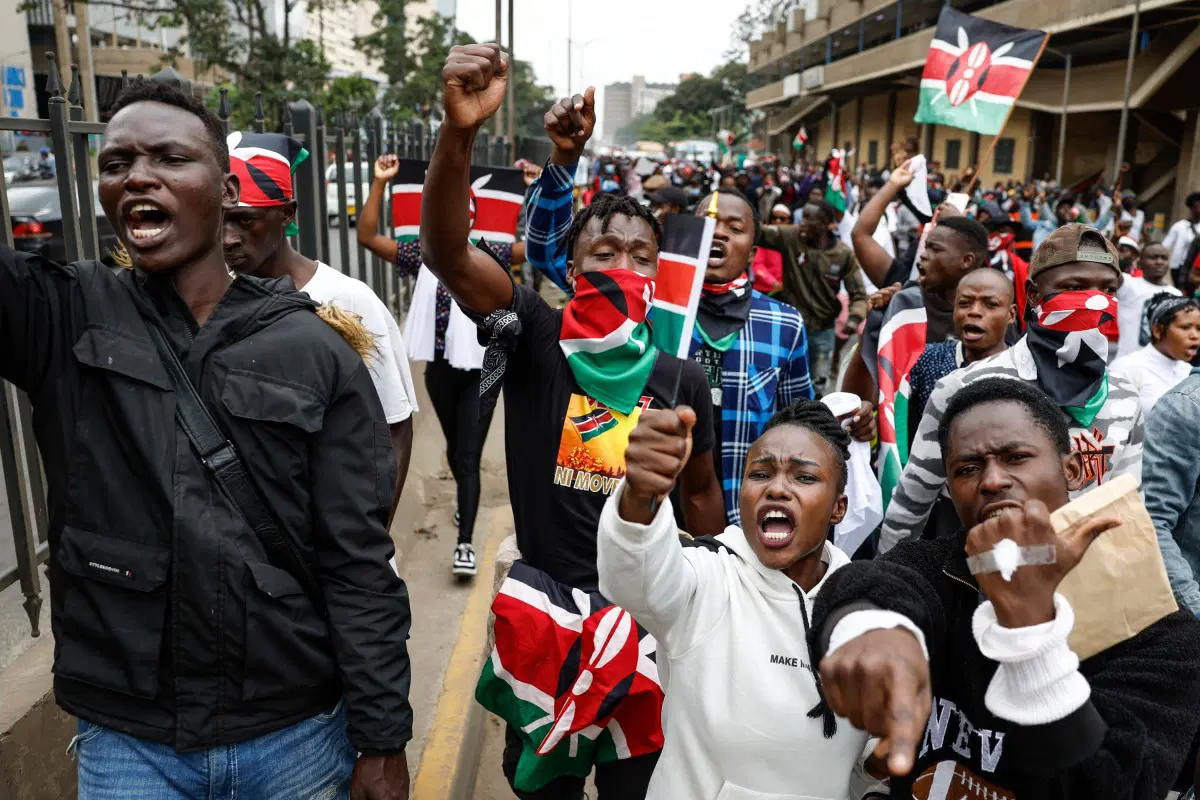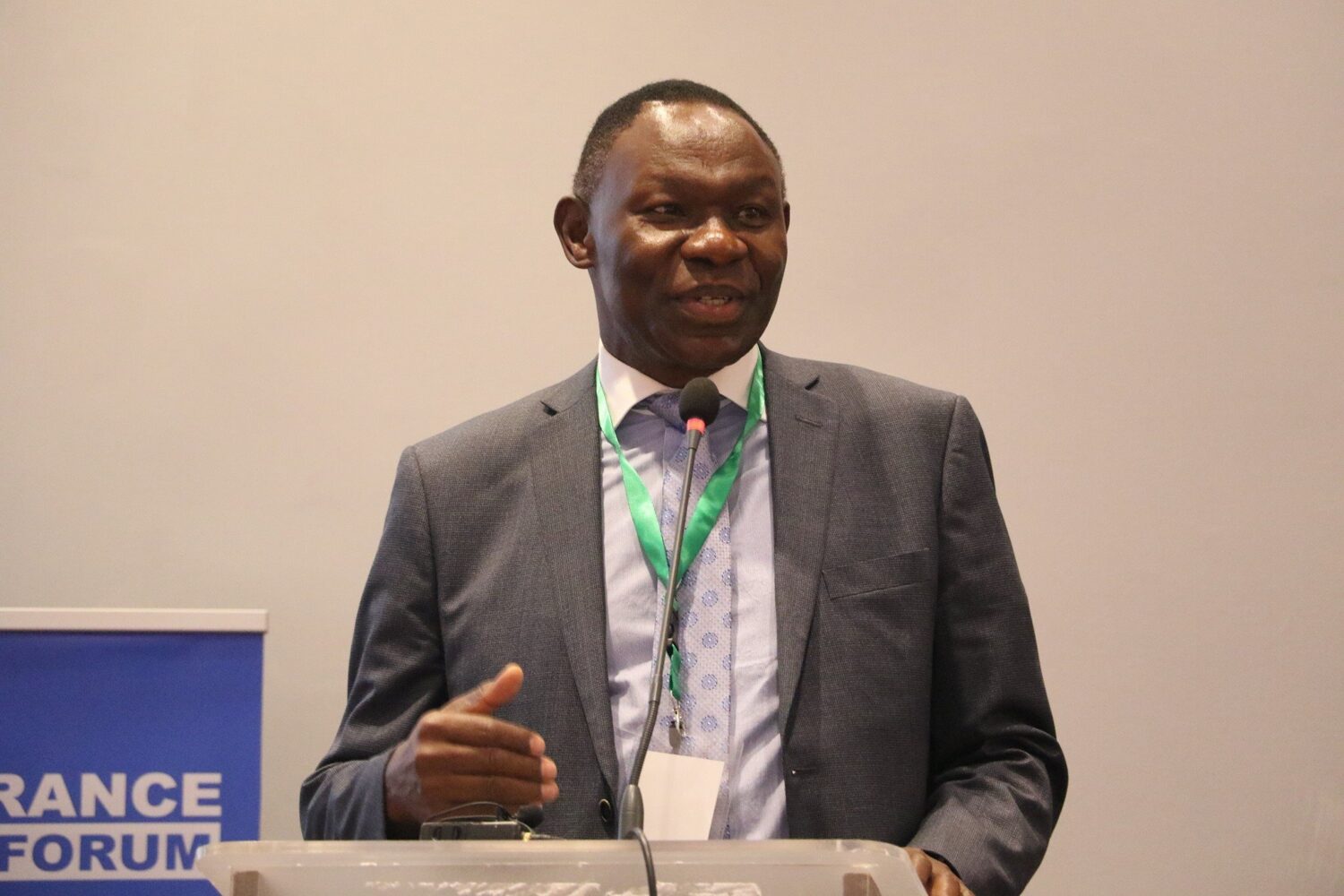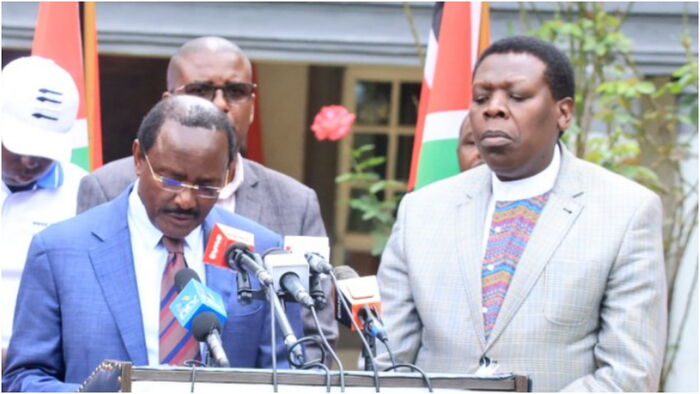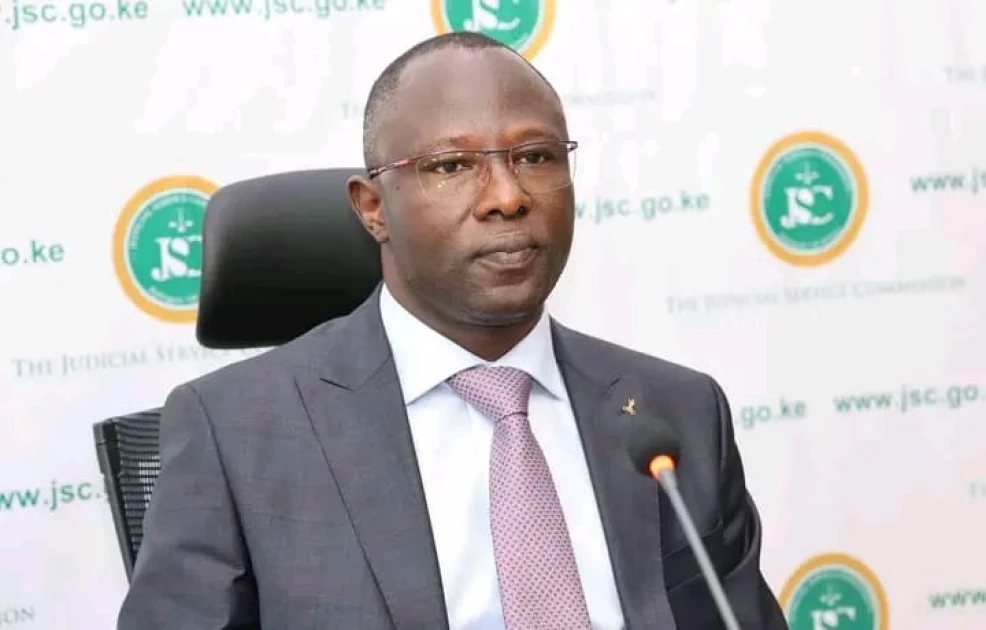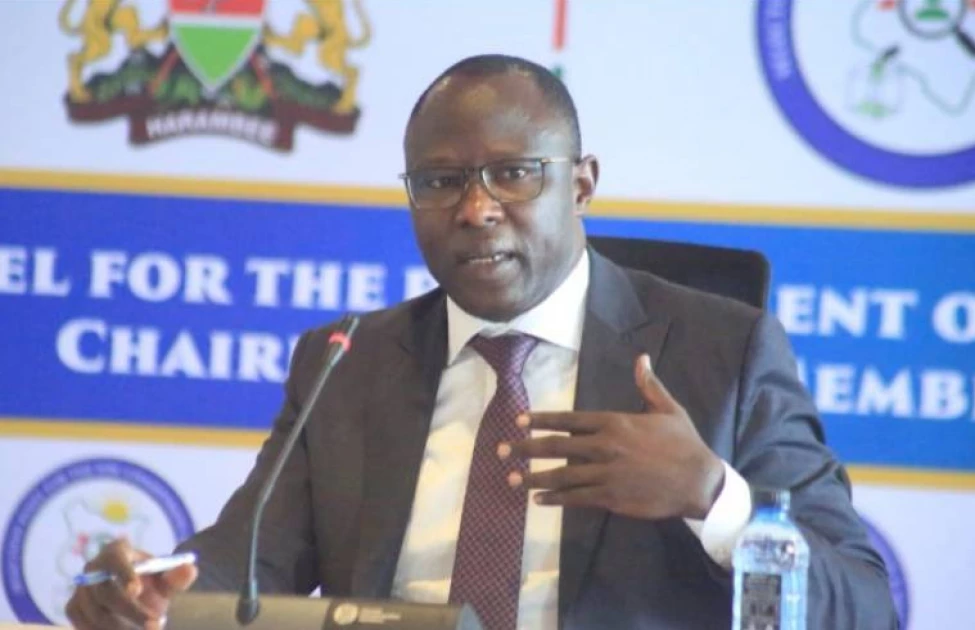We recently celebrated the 61st Jamhuri Day since Kenya gained independence. Our founding president Mzee Jomo Kenyatta had then singled out three ills that were affecting our country’s development and progress which were poverty, illiteracy and disease. According to him, if the three were expeditiously prioritized, Kenya was set to join the league of first world from third world.
Six decades later, Jean Baptiste Alphonse, a very popular French writer is vindicated for saying that the more things change, the more they remain the same. We’re still trying to fully effect the provisions of Article 43 of the Constitution of Kenya 2010 which provides that every person has the right to highest attainable standards of health, accessible and adequate housing, adequate food of acceptable quality, clean and safe water, social security and education.
Something that is puzzling, baffling, and perplexing is that, year after year, we tend to celebrate our forefathers more instead of following the wise words of Socrates that ‘a life unexamined is not worth living.’ We fail to imagine what our grandchildren and great-grandchildren will call their forefathers, as we didn’t leave a significant impact to be recognized or deemed praiseworthy.
Frantz Fanon in his book the Wretched of the Earth opines that every generation must rise out of its obscurity, discover its mission and either fulfill it or betray it. Notably, our forefathers fought for our independence, the young turks fought for the second liberation, commonly known as the multi-partism, which later culminated in the promulgation of the 2010 Constitution, which is largely regarded as one of the most progressive constitutions on the continent.
The subsequent generations have little or nothing at all to show or take pride in. In a surprising and unprecedented turn of events, early this year, the Gen Z took to the streets demanding inclusion in decision-making and governance. This marked a paradigm shift from the usual modus operandi and indicated that young people are ready to take on obligations and contribute positively in nation building.
The youth population in Kenya is increasing faster compared to the old population as currently the youth comprises of over 80% of Kenya’s total population. These numbers pose a threat due to the accelerating rate of unemployment due to scarcity of job opportunities but when utilized properly, they can be used to promote industrialization, food security among others due to the large labour and workforce and also the available ready market for good and produce.
To bridge the unemployment gap, we will need to invest heavily and promote the use of skills and talents as opposed to the white collar job culture. It is said that you can’t do the same thing twice and expect different results and therefore investment in skills and talent development among the young people will ensure that we are able to get the required skilled human power needed to promote industrialization, value addition for farm produce, construction, locomotive, manufacturing, service industries and other sectors of the economy.
Notably, the informal sector employs over 80% of the country’s workforce and contributes to about 33% of the country’s Gross Domestic Product. Annually, the informal sector compared to the formal sector creates jobs in the value of 10:1 where the informal sector can create 10 job opportunities while the formal sector can only create 1 job opportunity in the same circumstances.
Therefore, we need a complete paradigm shift to reduce emphasis on the white collar jobs as they’re getting scarves by day and instead let’s invest in skills and talents and most importantly let’s train students to be employers as opposed to employees.
It is uncontroverted that indeed we’re a sleeping giant and that we need to recognize, tap and harness our full potential to experience drastic positive change. The success story of Singapore which had the same gross domestic product as Kenya’s sometimes around independence time but currently it’s among the few countries with the highest GDP per capita need to be replicated.
To be able to bring about the positive change we desire and to realize our development blueprints such as the UN 2030 Agenda, the Africa Agenda 2063 and the Kenya Vision 2030 which is in the final phase that Medium Term Plan IV, we will need concerted efforts of everyone, the young people included being the majority of the population in decision-making, policy making and involvement at all levels of governance.
John Wangai, Public Interest Litigation Lawyer


